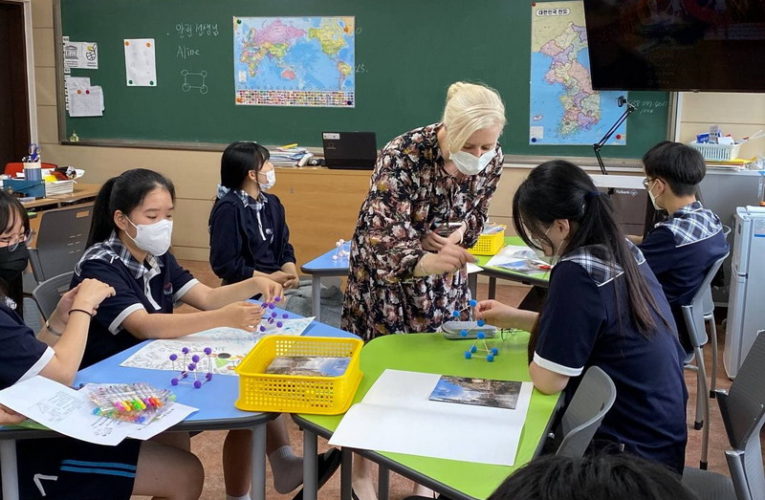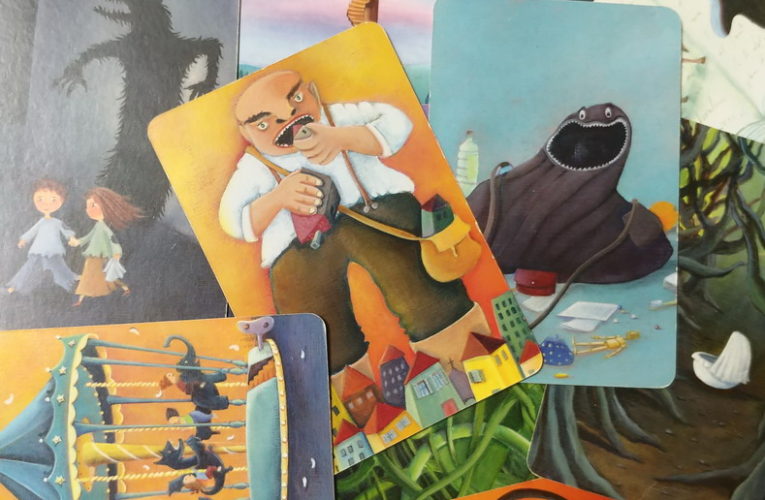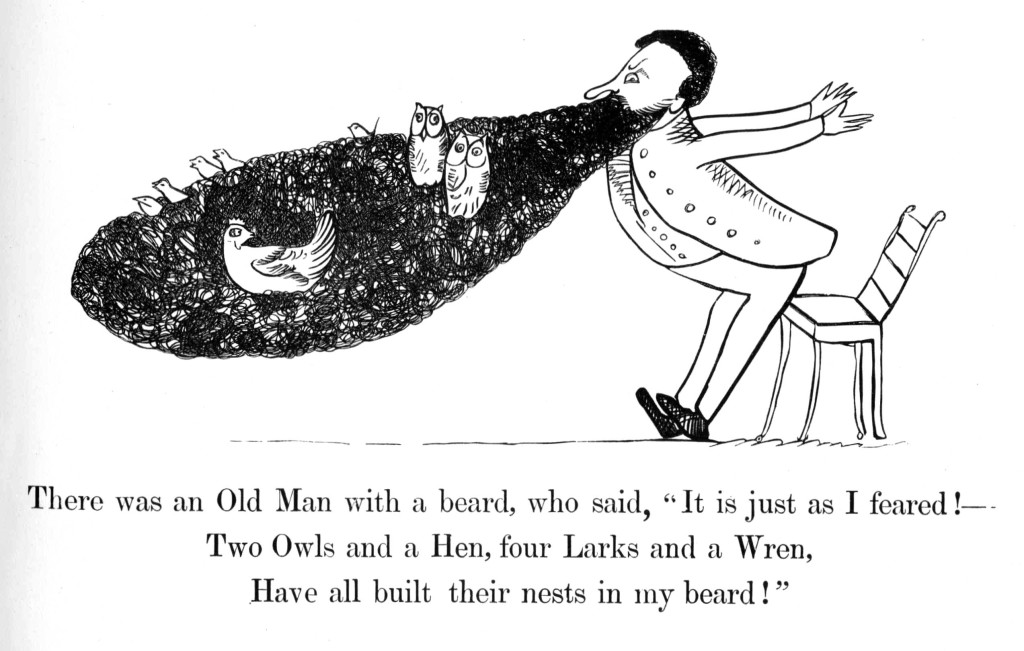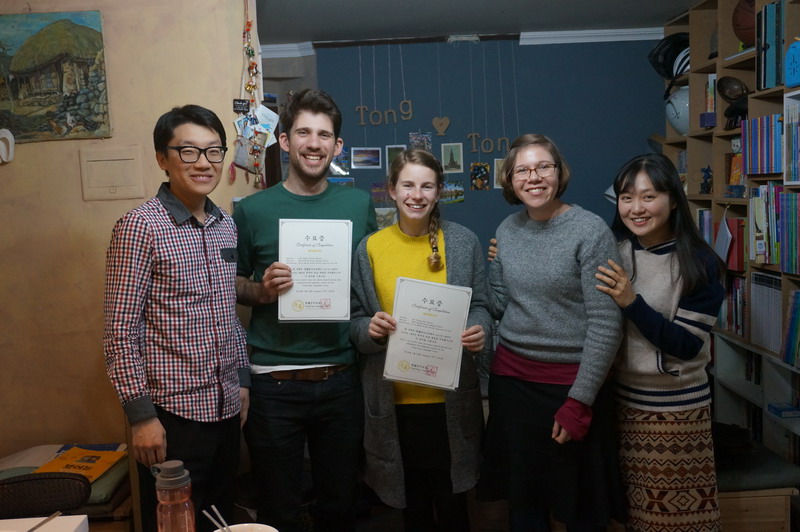The Story on Using Stories for Language Learning
Everyone likes stories! We listened to stories from our mother as soon as we were old enough to hear. We followed attentively as we were read storybook stories (over and over) at bedtime. The main form of teaching for millennia has been via stories told by village elders to the children. If people like stories so much and if learning, including first-language learning, takes place through stories, how effective would they be in teaching a second language such as English? To answer this question, we look to Jessica Magnusson.












